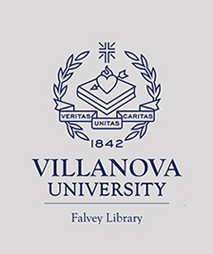Towards a Big History Model for Italian Schools The Convergence of Knowledge from Many Disciplines
##plugins.themes.bihistory.article.main##
Abstract
To quote the psychologist Jerome Bruner, “Schooling is only one small part of how culture inducts the young into its canonical ways.” This “small part” has become much smaller in recent decades. In fact, scholastic curriculum has embraced only a small part of the enormous and complex changes that scientific and technological research has generated in everyday life and in the way people view the world. A new culture is now spreading through a multiplicity of media forms that scholastic institutions have struggled to catch on to and understand. The formation of global citizens is an emerging problem. OPPI is a small teacher training institute that for more than 50 years, in cooperation with schools and universities, has been keeping teachers aware that technological innovations are changing people’s consciousness and that education must adapt to these changes. OPPI has identified Big History as an important means to adapt scholastic instruction to youths’ consciousness and has begun to study how to implement it. Its activities begin with a questionnaire investigating the spontaneous ideas that students have acquired about the universe, not only from previous school studies, but also from social networks, the media, and their family environment. Discussion of this questionnaire is the main topic of this article. The second topic concerns the presentation of an intervention model, which is planned for students ages 16–18 and their teachers.
##plugins.themes.bighistory.article.details##
- Authors retain copyright and grant the journal right of first publication with the work simultaneously licensed under a Creative Commons Attribution License that allows others to share the work with an acknowledgement of the work's authorship and initial publication in this journal.
- Authors are able to enter into separate, additional contractual arrangements for the non-exclusive distribution of the journal's published version of the work (e.g., post it to an institutional repository or publish it in a book), with an acknowledgement of its initial publication in this journal.
- Authors are permitted and encouraged to post their work online (e.g., in institutional repositories or on their website) prior to and during the submission process, as it can lead to productive exchanges, as well as earlier and greater citation of published work (See The Effect of Open Access).



